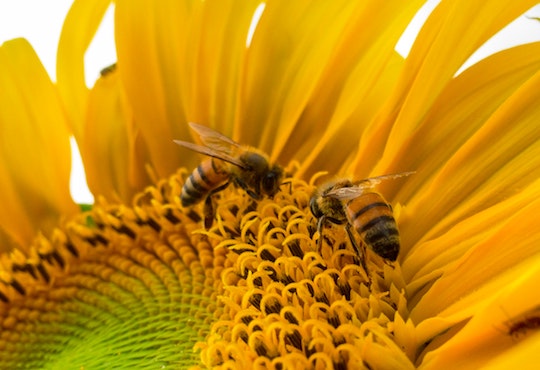New reports from beekeepers say that the first months of 2019 have seen losses of 400 million bees in the state of Rio Grande do Sul alone, as well as 7 million in São Paulo, 50 million in Santa Catarina and 45 million in Mato Grosso do Sul, making a total of over 500 million dead bees.
The cause of this massacre is not hard to work out. The flood of pesticides required by intensive monocultures is choking Brazil. Traces of Fipronil—an insecticide banned in the European Union and classified as potentially carcinogenic to humans by the US Environmental Protection Agency—were found in the majority of the dead bees tested.
Since Bolsonaro took over the country, Brazil has allowed the sale of 290 pesticides, an increase of 27% compared to the same period last year, and a bill proposed to Congress would further weaken standards.
Brazil is the country that buys the most pesticides in the world. According to Unearthed, Greenpeace’s investigative journalism platform, over 1,200 pesticides and weedkillers have been registered in Brazil in just three years, of which 193 contain chemical substances banned in the EU. Unearthed also confirms the significant peak in approvals of environmentally damaging new substances under the governments of Michel Temer and Jair Bolsonaro. Both leaders are close to the powerful Brazilian agriculture industry lobby.
Read full original article at slowfood.com
11 September 2019Original Author: Slow Food

